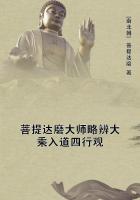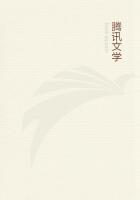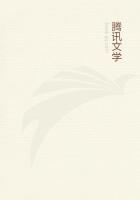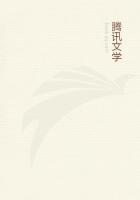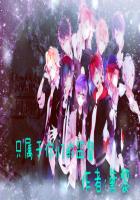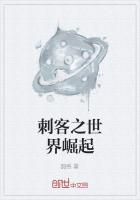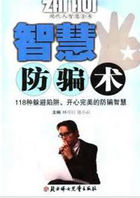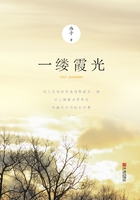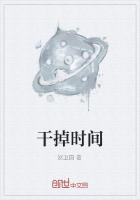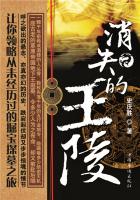3. We may have the ideas when we are ignorant of their physical causes. A painter or dyer who never inquired into their causes hath the ideas of white and black, and other colours, as clearly, perfectly, and distinctly in his understanding, and perhaps more distinctly, than the philosopher who hath busied himself in considering their natures, and thinks he knows how far either of them is, in its cause, positive or privative; and the idea of black is no less positive in his mind than that of white, however the cause of that colour in the external object may be only a privation.
4. Why a privative cause in nature may occasion a positive idea.
If it were the design of my present undertaking to inquire into the natural causes and manner of perception, I should offer this as a reason why a privative cause might, in some cases at least, produce a positive idea; viz. that all sensation being produced in us only by different degrees and modes of motion in our animal spirits, variously agitated by external objects, the abatement of any former motion must as necessarily produce a new sensation as the variation or increase of it; and so introduce a new idea, which depends only on a different motion of the animal spirits in that organ.
5. Negative names need not be meaningless. But whether this be so or not I will not here determine, but appeal to every one's own experience, whether the shadow of a man, though it consists of nothing but the absence of light (and the more the absence of light is, the more discernible is the shadow) does not, when a man looks on it, cause as clear and positive idea in his mind as a man himself, though covered over with clear sunshine? And the picture of a shadow is a positive thing. Indeed, we have negative names, which stand not directly for positive ideas, but for their absence, such as insipid, silence, nihil, &c.; which words denote positive ideas, v.g. taste, sound, being, with a signification of their absence.
6. Whether any ideas are due to causes really privative. And thus one may truly be said to see darkness. For, supposing a hole perfectly dark, from whence no light is reflected, it is certain one may see the figure of it, or it may be painted; or whether the ink I write with makes any other idea, is a question. The privative causes I have here assigned of positive ideas are according to the common opinion;but, in truth, it will be hard to determine whether there be really any ideas from a privative cause, till it be determined, whether rest be any more a privation than motion.
7. Ideas in the mind, qualities in bodies. To discover the nature of our ideas the better, and to discourse of them intelligibly, it will be convenient to distinguish them as they are ideas or perceptions in our minds; and as they are modifications of matter in the bodies that cause such perceptions in us: that so we may not think (as perhaps usually is done) that they are exactly the images and resemblances of something inherent in the subject; most of those of sensation being in the mind no more the likeness of something existing without us, than the names that stand for them are the likeness of our ideas, which yet upon hearing they are apt to excite in us.
8. Our ideas and the qualities of bodies. Whatsoever the mind perceives in itself, or is the immediate object of perception, thought, or understanding, that I call idea; and the power to produce any idea in our mind, I call quality of the subject wherein that power is. Thus a snowball having the power to produce in us the ideas of white, cold, and round,- the power to produce those ideas in us, as they are in the snowball, I call qualities; and as they are sensations or perceptions in our understandings, I call them ideas; which ideas, if I speak of sometimes as in the things themselves, I would be understood to mean those qualities in the objects which produce them in us.
9. Primary qualities of bodies. Qualities thus considered in bodies are, First, such as are utterly inseparable from the body, in what state soever it be; and such as in all the alterations and changes it suffers, all the force can be used upon it, it constantly keeps;and such as sense constantly finds in every particle of matter which has bulk enough to be perceived; and the mind finds inseparable from every particle of matter, though less than to make itself singly be perceived by our senses: v.g. Take a grain of wheat, divide it into two parts; each part has still solidity, extension, figure, and mobility: divide it again, and it retains still the same qualities;and so divide it on, till the parts become insensible; they must retain still each of them all those qualities. For division (which is all that a mill, or pestle, or any other body, does upon another, in reducing it to insensible parts) can never take away either solidity, extension, figure, or mobility from any body, but only makes two or more distinct separate masses of matter, of that which was but one before; all which distinct masses, reckoned as so many distinct bodies, after division, make a certain number. These I call original or primary qualities of body, which I think we may observe to produce simple ideas in us, viz. solidity, extension, figure, motion or rest, and number.

